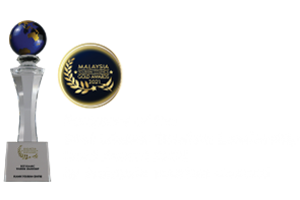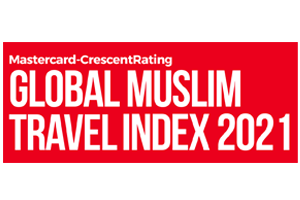Understanding the Evolving Needs of a Growing Market
The Muslim travel market is becoming one of the fastest-growing segments in global tourism, driven by a shared set of values but diverse cultural, geographical, and religious backgrounds. This diversity was at the heart of the discussion in the recent panel titled “Who is the Muslim Traveller?”, moderated by CEO of the Pacific Asia Travel Association (PATA), Noor Ahmad Hamid.
The session brought together key voices in the tourism and hospitality industry, who shared insights on the evolving needs and preferences of Muslim travellers and the challenges they face while navigating different destinations.
Key Discussions from the Panel
- Addressing Religious Anxiety
Mud Orange Executive Director Ala Uddin introduced the concept of “Religious Anxiety”—a term used to describe the stress experienced by Muslim travellers when they are unable to find halal food or prayer facilities. He emphasised the importance of creating tailored travel experiences that cater to these fundamental religious needs, thereby enhancing comfort and confidence for Muslim tourists. - Understanding the Chinese Muslim Traveller
Dr Cindy Seow, Deputy President of the Malaysia Chinese Inbound Association (MICA), shed light on the unique challenges faced by Chinese Muslim travellers. Language barriers, limited availability of halal products, and a lack of culturally appropriate services are among the primary obstacles. She also shared success stories of initiatives such as visits by Chinese imams to Malaysia, which helped improve perceptions of Muslim-friendly destinations. - The Role of Halal Certification and Data-Driven Insights
Fazal Bahardeen, CEO of CrescentRating, discussed the importance of halal certification in providing clarity and confidence to Muslim travellers. He also highlighted the role of the Global Muslim Travel Index (GMTI), a key tool in tracking Muslim travel trends and guiding strategic decision-making for the industry.
Meeting the Needs of the Muslim Traveller
Throughout the discussion, panellists agreed on several top priorities for Muslim travellers—access to halal food, prayer facilities, and Muslim-friendly accommodations. They also underlined the significance of personalised marketing strategies, tailored experiences, and inclusive messaging.
With the help of data-driven insights, innovative campaigns, and globally recognised halal certifications, destinations and travel providers can better position themselves to serve this dynamic segment. These efforts are especially crucial for welcoming Muslim travellers to non-Muslim majority countries, where sensitivity and inclusivity can make a significant difference.
The session concluded with a call for deeper collaboration across the travel and tourism industry to tap into this vibrant market and support its continued growth.






